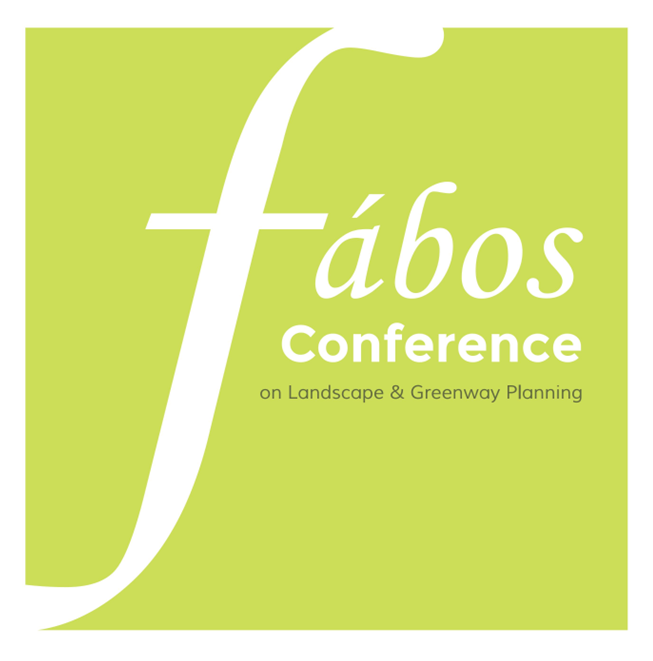The Human Nature of Urban Nature: an Exploratory Study in Montevideo
- Ana Vallarino Katzenstein (Universidad de la República, Uruguay)
Abstract
The human condition implies a dynamic balance of the trilogy species / individual / social being. This causes the relative roles of each axis to alternate. That is why the relative position of the human being in relation to nature also changes. Humankind belongs to it as a species but is external to nature if it is considered as a cultural construct. The COVID-19 pandemic changed the relative weight of some components of our lives, including coexistence, social exchanges, experiences of nature and urban public life. The constriction of social life derived from confinement led to compensate for this lack with the search, for example, of a greater contact with one's own nature and with the urban one. In this sense, it is interesting to consider the relative role of public open spaces, domestic spaces, green spaces and mobility in cities, taking Montevideo as a reference case. What dimensions should we consider to attend to an integral balance of the human being and nature in the city? I propose some axes in the context of the city of Montevideo today: cyclical and linear time; natura naturans and natura naturata; comfort, pain and happiness; genotype and phenotype; technique, knowledge and poetry; material, affective and symbolic space; civilization, barbarism and nature; city, sea and countryside
Keywords: human condition, nature/city, life cycles, landscape design
How to Cite:
Vallarino Katzenstein, A., (2022) “The Human Nature of Urban Nature: an Exploratory Study in Montevideo”, Fábos Conference on Landscape and Greenway Planning 7(1). doi: https://doi.org/10.7275/p813-e638
Downloads:
Download PDF
479 Views
147 Downloads
